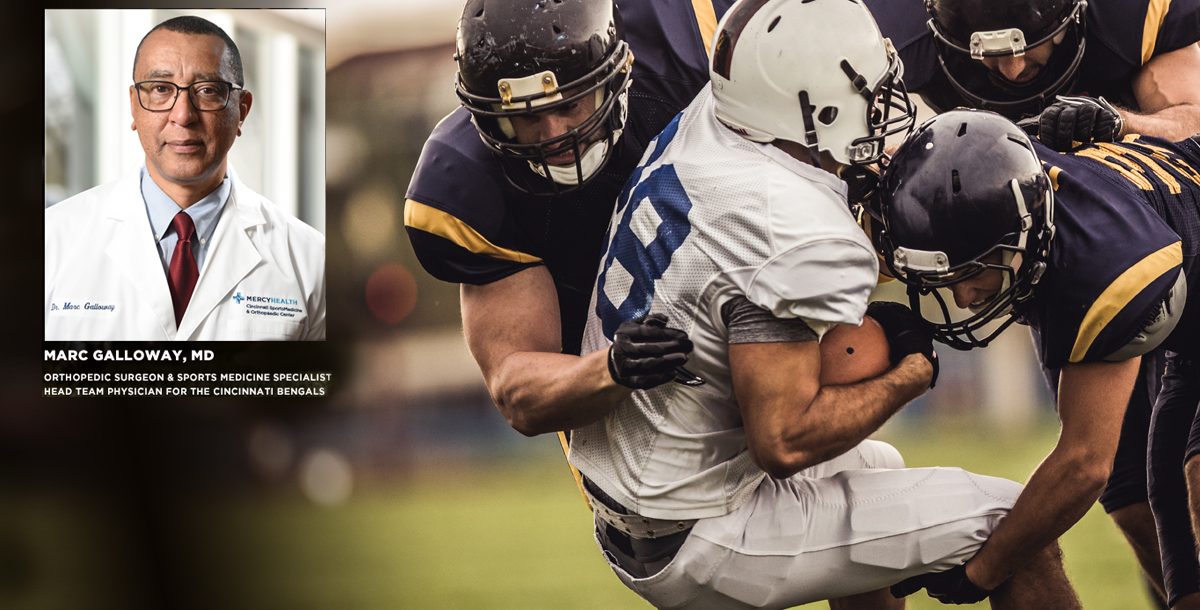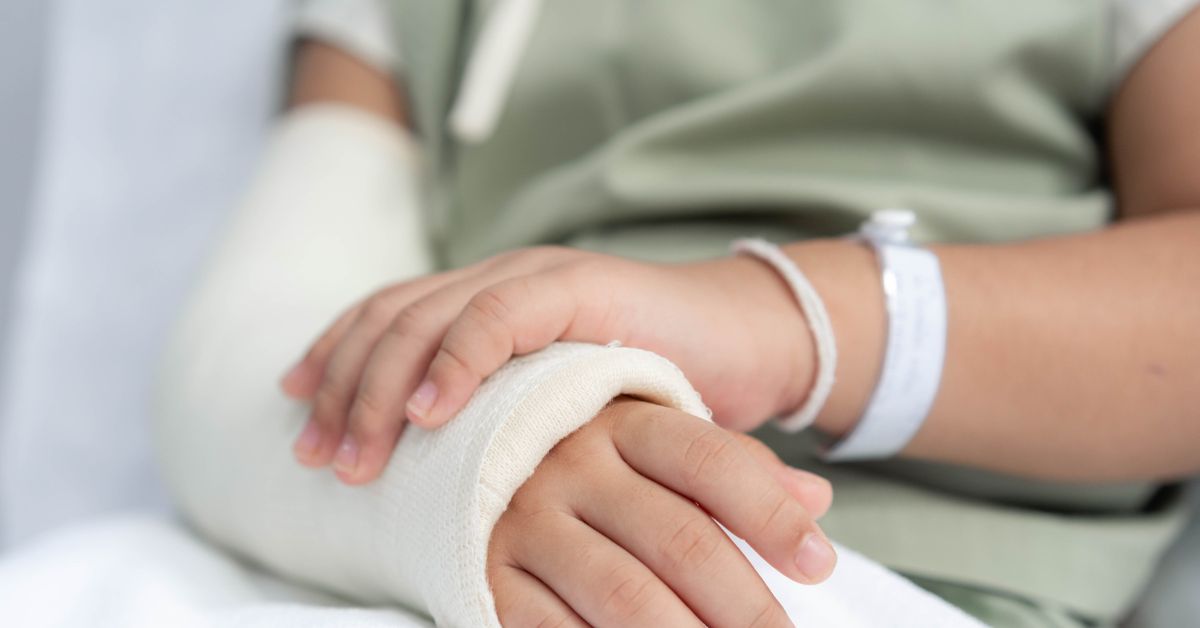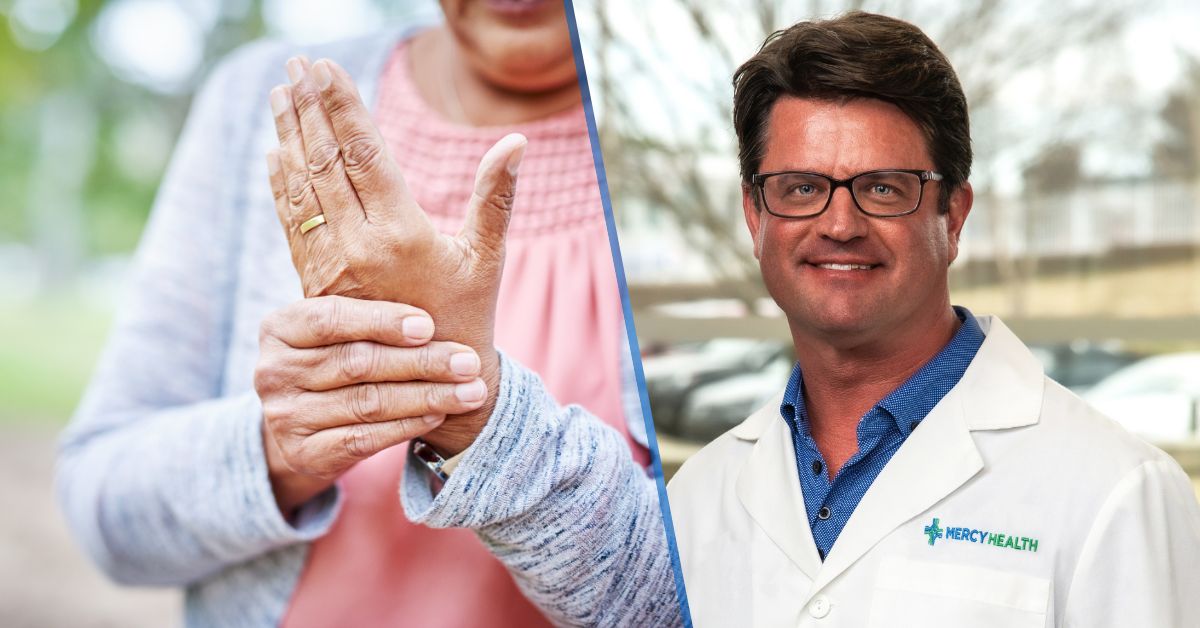Regardless if we’re watching for the players, commercials or just the halftime show, over a hundred million people will tune in for football’s championship game this year. Marc Galloway, M.D., a Mercy Health orthopedic surgeon, watches the big game each year for a different reason though.
As the head team physician for the Cincinnati Bengals, Dr. Galloway views the game as an opportunity to learn. We caught up with Dr. Galloway to get his expert opinion on an injury that may end up impacting this year’s game: shoulder dislocation injuries.
According to Dr. Galloway, shoulder dislocations are common injuries in football players. Most dislocations occur as a result of contact, which might look different depending on what side of the ball a player is on.
“For defensive players, dislocations usually occur when a player is making a tackle and their arm gets pulled out to the side. For offensive players, it commonly happens when they land on an outstretched arm,” says Dr. Galloway.
So, what exactly happens? Your shoulder is a ball and socket joint which is held together by ligaments. Dislocation occurs when your ligaments are torn, and the ball comes out of the socket. In some cases, a piece of your bone can also fracture. Usually, the shoulder will pop back into place on its own. Occasionally, a physician or athletic trainer might have to physically pull it back into position.
“Over the last few years, I’ve seen more patients with a history of shoulder dislocations,” says Dr. Galloway, who is entering his tenth season with the Cincinnati Bengals. “They’re very common in football players.”
Treatment options for players almost always involve surgery. However, many decide to postpone surgery until the end of the season. After some rehab, players can generally return to the field within a few weeks of a shoulder dislocation. However, the risk of reinjury is very high.
For those of you who are weekend warriors, Dr. Galloway recommends consulting your physician should you have concerns you’ve dislocated your shoulder.
“Every individual and treatment plan is unique,” says Dr. Galloway.
Most surgeries to treat shoulder dislocations are done using an arthroscope thus avoiding big incisions. Following surgery and physical therapy, you can typically able to return to contact sports at six months.
So as you tune in for the big game this year, pay special attention to running backs who land on an outstretched arm, or to a linebacker whose arm is pulled to the side while making a tackle. Hopefully there are no injuries, but if there are, you can impress your friends with your knowledge about shoulder dislocations, all thanks to the insight of Dr. Galloway.
Learn more about the orthopedic and sports medicine services offered at Mercy Health.






